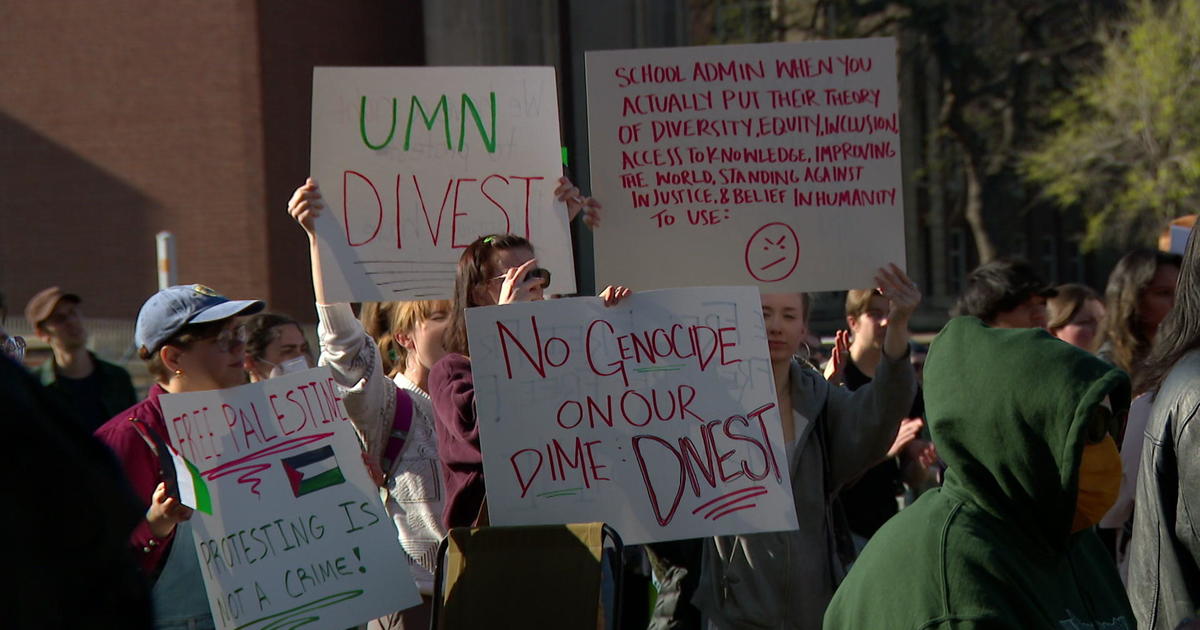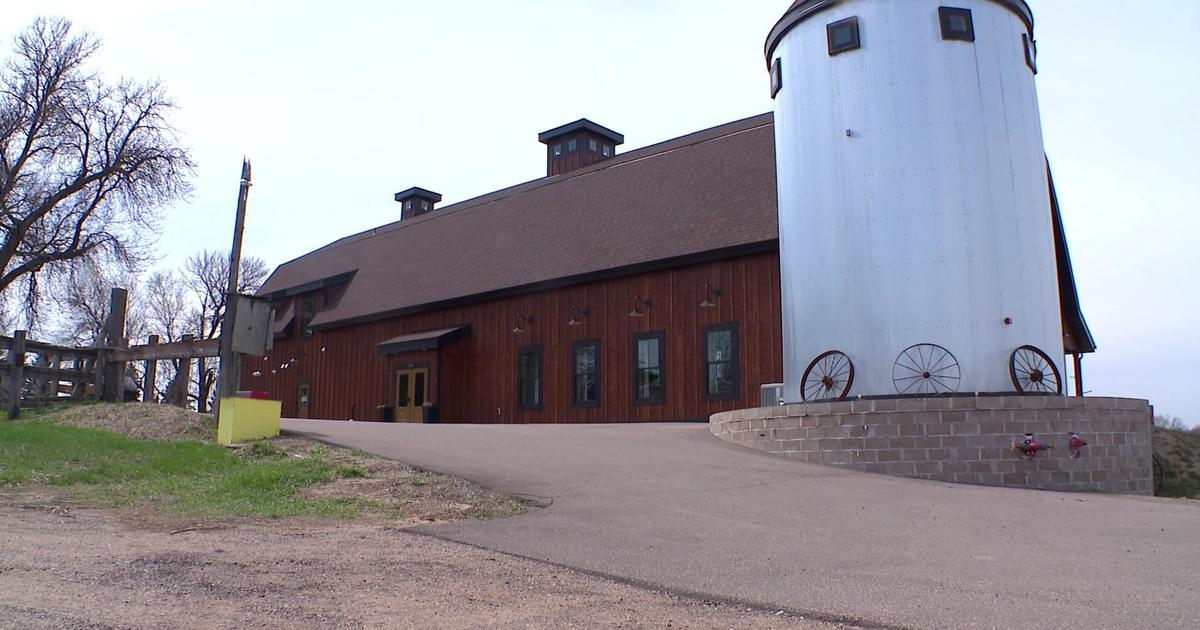Good Question: How Does Air Conditioning Work?
MINNEAPOLIS (WCCO) -- Over the past few weeks, most people have likely had their air conditioner running nonstop. In fact, we're so used to it that many don't even think twice about how our homes can stay at a pleasant 70 degrees.
So, how does air conditioning work? Good Question.
"As I explain to my students, we're in the transportation business," says Jimmy Manteuffel, an HVAC instructor at the Dunwoody College of Technology. "We're removing heat from one location and moving it to another."
Most cooling mechanisms are based on the same idea. AC units are no different – they don't cool the air, they take away the heat and humidity.
Air conditioners use chemicals called refrigerants that transfer the heat from the inside air to the outside. It happens through a process of absorption.
A fan will pull the hot air into an evaporator filled with evaporating coils. Those coils are filled with liquid refrigerant that absorbs the heat from the air. It absorbs so much heat that the liquid turns into a gas. That refrigerant gas is then sent to a condenser outside, where it's cooled back into a liquid. The liquid is then sent back inside to start the entire process over again. It keeps going until the rooms reach the designated temperature.
Many people assume that the warmth that comes off the outside condenser is the indoor air, but it's not. It is the heat energy that was taken out of the air.
"The air within a building like a home is constantly being recirculated," says Manteuffel.



